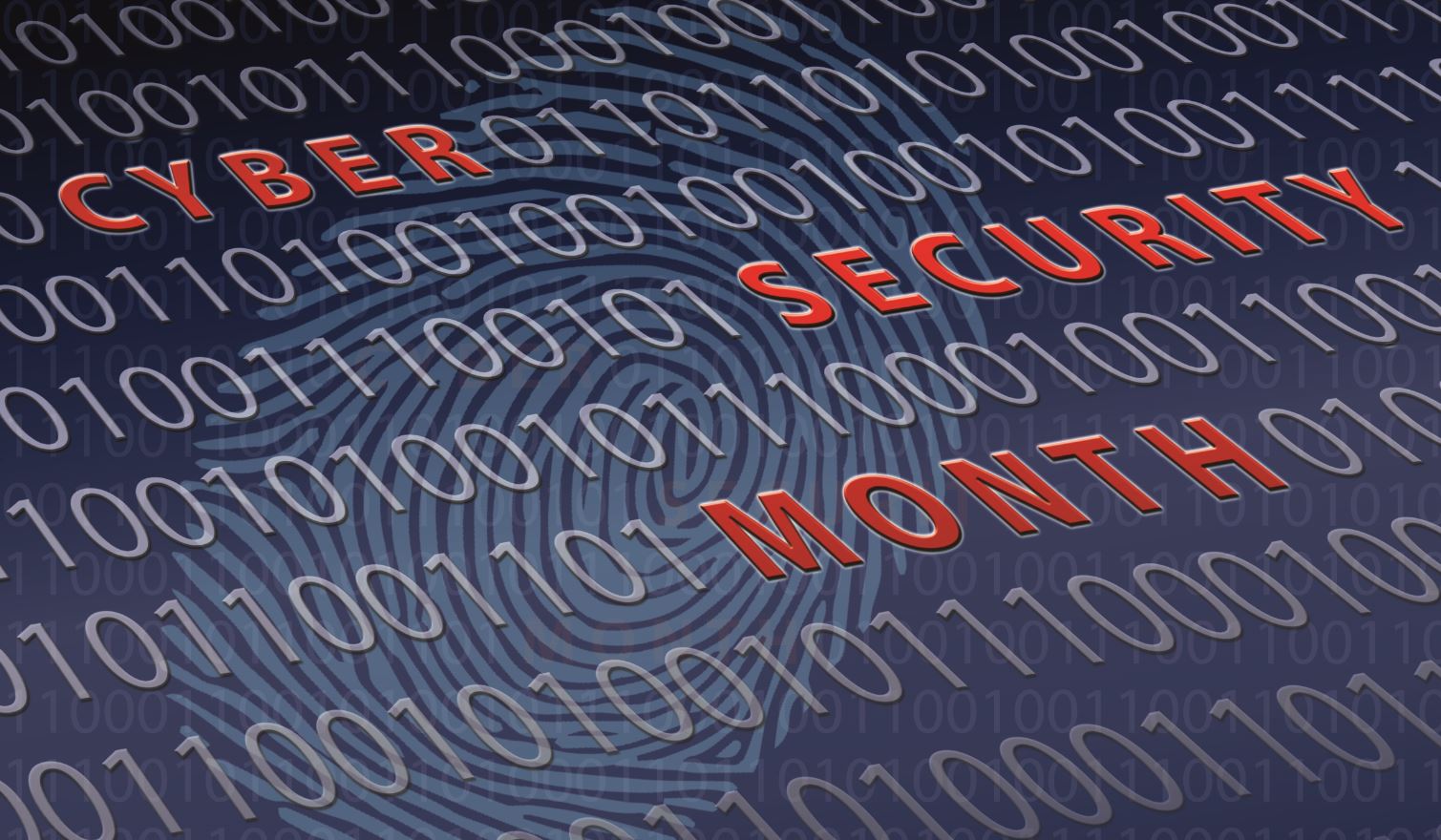 An outside attack can leave you scrambling to recover and clean your data. This process can be both time-consuming and expensive. Even though installing a security system to protect your data does require an investment, the total amount of money involved is far less than what you would have to spend after a significant data breach.
An outside attack can leave you scrambling to recover and clean your data. This process can be both time-consuming and expensive. Even though installing a security system to protect your data does require an investment, the total amount of money involved is far less than what you would have to spend after a significant data breach.
A Loss Of Trust
Along with the financial damages caused by a data breach, it can erode your customers’ trust, making them less likely to do business with you again in the future.
It is impossible to overstate the importance of data security. If you have a small business, the seven tips below will help you start securing your data today.
-
Use An Encrypted Payment System
All businesses should use the EuroPay, MasterCard, and Visa (EMV) payment systems. This system allows merchants to accept and process credit cards using the embedded microchips in the cards. This significantly reduces the risk of fraud and protects the data associated with the card. If you have an outdated payment system, you should switch to a modern system capable of accepting EMV cards. This can minimize the chances of data breaches occurring while at the same time freeing you from any liability associated with fraudulent charges. PCI training can be completed online, making this a convenient option.
-
Make Sure Your Wireless Network Is Secure
Hackers are naturally drawn to wireless networks simply because they provide easy access points. Even though basic encryption is usually more than adequate for residential applications, it isn’t strong enough for businesses. The wireless network at your place of business should be protected with the strongest type of encryption currently available. Businesses should use a proxy for additional protection. Turn off the broadcasting feature to hide your network. You are less likely to be targeted by a hacker if your network is hidden.
-
Use Background Checks To Screen Employees
You also need to examine your staff closely while protecting your business from outside threats. According to PricewaterhouseCoopers, more than 70% of the fraudulent activity that small businesses are exposed to comes directly from employees rather than from the outside.
Screening your employees carefully is essential. Running a background check can provide you with valuable insight into their trustworthiness. You should also keep a close eye on everything that happens at your place of business. If employees start acting differently or declining performance, it could be a red flag.
-
Avoid Providing Centralized Access To Important Data
You should be the only person at your company with central access to all the data. Access should be decentralized for other employees, with no single employee having every password. This can significantly lower the chances of data breaches occurring.
-
Invest In A Shredder
Along with protecting digital data, you also need to keep the information in physical paperwork from falling into the wrong hands and keep your business anonymous. Documents should be stored in a safe environment with restricted access. That way, if any important documents disappear, you can see which employee last accessed them at a glance.
Once records no longer need to be stored, they should be discarded according to the best practices for security. Usually, this involves shredding them. Consider putting a dedicated staff member that you trust in charge of shredding.
-
Use The Latest Software Programs
Investing in the most current antivirus and encryption software programs is the best way to protect your business.
Antivirus programs are extremely good at combating bot activity, which is important today since many hackers rely on bots. Mobile protection is also important. Invest in tools or programs that will help keep viruses or other malicious content from infecting your phones or devices. This is essential if you use your phone for work.
-
Regularly Back-up Your Information
Backups provide essential protection in case your data is lost or damaged.
Technology is here to stay, so the associated security problems aren’t going anywhere. It is important to prepare your business to weather any attacks. Even though you can’t opt out of using technology if you want your business to stay competitive, you can take steps to protect yourself from harm.
Video – What is Cyber Security?
Most of the strategies we described in this article come under the category of cyber security.

